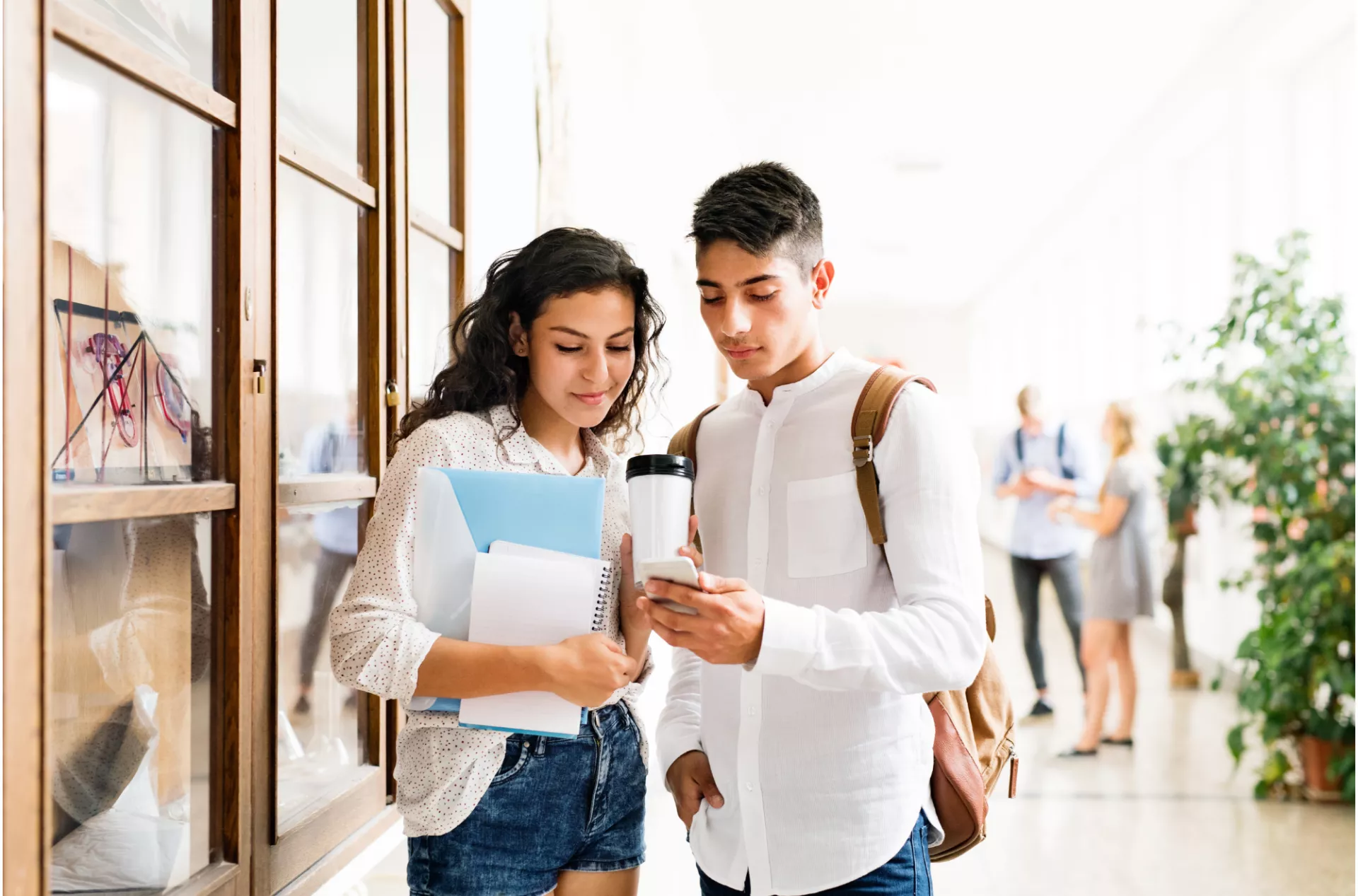
Development of a City Roadmap for Long-term Youth Development
On behalf of the City, the YDD is responsible for coordinating with other City departments, regional agencies, community organizations, youth, and their guardians to develop a citywide, three-year Youth Development Strategic Plan. The development of the plan represents a unique, data-driven, and equity-oriented opportunity to create a comprehensive and inclusive strategy to address the multitude of challenges affecting young Angelenos. The plan will aim to serve as the advisory blueprint for the City’s development of future youth initiatives, allocation of resources, improved access to services, and overall coordination efforts. The plan will include clear goals, objectives, and outcomes with timelines to reach — all informed by input from youth, community members, regional partners, and City departments, and developed with a violence prevention and trauma-informed lens in mind.
Establishment of Standards for Youth Development Programming
The YDD is working with Departments to develop and institute reliable standards for program development for City services for youth and young adults. The department identifies best practices and creates procedures to ensure the youth of the City receive consistent services that are evidence-based, equity-driven, and with measurable impact. Developed standards will take into account the special life circumstances of the City's most vulnerable youth, especially those who are low-income, housing insecure, foster, justice-involved, undocumented, disconnected from school and employment, LGBTQIA+, or at risk of community violence.

Creation of Policies and Procedures to hold City Youth Programs Accountable
A key responsibility of the YDD is the development and implementation of evaluation mechanisms to assess program effectiveness. The objective is to remove barriers to access, improve the return on public investment, and overall strengthen the sustainability and efficacy of youth programs and services of the City. The department takes a collaborative approach to this task and works closely with other City departments to inform the development of these evaluation mechanisms.
Collection and Analysis of Data
The YDD is tasked with conducting assessments of individual City youth programs as well as analysis of cumulative youth programming. The YDD is following up on recommendations in the City Controller's Room to Grow: A Framework For Youth Development in Los Angeles report, such as short- and long-term recommendations to analyze demographic, wellness, and achievement data to examine the specific needs of youth; identify areas where programming is falling short of community needs and expectations; establish outcome-based performance indicators that assess both program utilization and program impact; and develop a formal, consistent reporting system to produce progress reports to monitor to assess service levels, program quality, and the impact of investments. City departments will play a critical role in supporting the prompt and thorough collection of data for the YDD to synthesize it into policy and program recommendations for the City Council and the Mayor.

Oversight of the Olivia E. Mitchell L.A. City Youth Council
The YDD oversees a new citywide L.A. City Youth Council, which consists of 30 youth members between the ages of 16 to 25. Youth council members learn about the inner workings of local government and collaborate with City departments on strategic planning, special projects, and civic events. Youth council members partner with the City's elected leaders, community organizations, and other young people to increase accountability, equity, and access to youth programs and services of the City.
Videos
OMYC Cohort 2 City Hall Presentation
Youth Expo 2025 Recap
Youth Summit 2025
OMYC members talk about their experiences on the LA City Youth Council